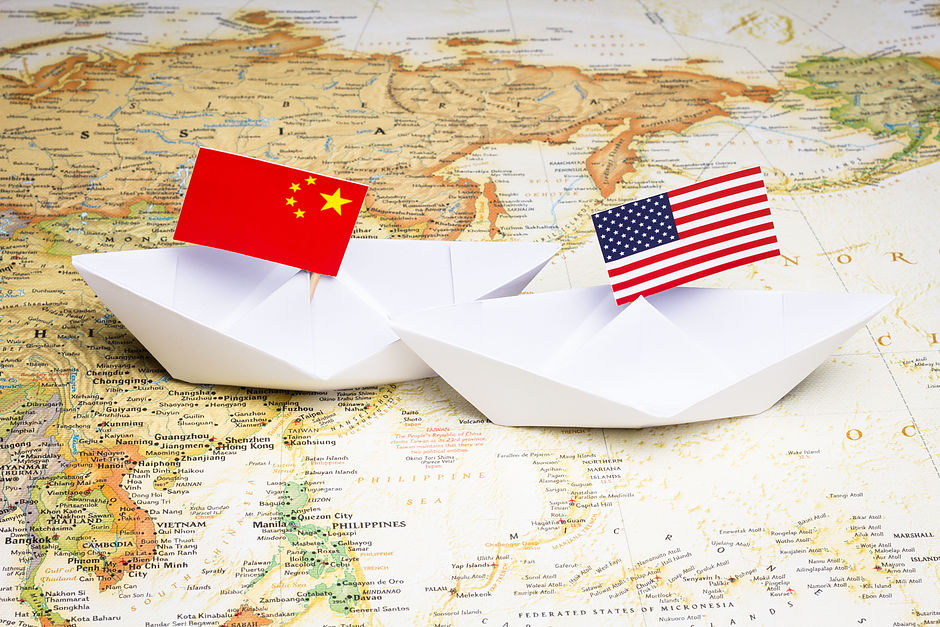Trump vs Harris – What it means for US-China relations
-
We look at what to expect for US-China relations going forward depending on who wins the US election in November.
-
If Kamala Harris wins the White House, we expect to see a continuation of Biden’s ‘managed competition’ strategy. Support for Taiwan would likely continue but without crossing China’s red lines.
-
In case of a Trump win, we are likely to face a new US-China trade war. This would hurt Chinese growth, create uncertainty for the global economy and be an inflationary impulse for the US. We also expect it to add upward pressure on the USD and weaken the CNY. Trump would likely put China hawks on key foreign policy positions but has given mixed signals on US commitment to defend Taiwan.
-
Regardless of who wins, we believe the US-China rivalry will intensify in the years to come with Taiwan and the tech war being the most critical points of tension.
-
Businesses should continue to focus on diversification strategies of supply chains and market exposure and have contingency plans for risk scenarios.

China seen as the main foreign policy challenge by both sides
Democrats and Republicans agree on few things, but that China is the primary foreign policy threat is one of them. Both sides believe China has a long term goal of supplanting the US as the leading power in the world but while they agree on the threat, they differ on how to deal with it. Their two different strategies can broadly be summed up like this:
1. Democrats under Biden has followed a strategy of “managed competition” with a focus on making America stronger technologically, bringing back manufacturing in key areas, and containing China by strengthening security alliances with partners in Europe and Asia and putting tech sanctions on China to stay ahead technologically and militarily. Complete decoupling is not a strategy, though, and the Biden administration has sought cooperation in areas that require global solutions such as climate and AI. They have stressed they don’t seek a new cold war. On the Taiwan issue, Democrats have increased support for Taiwan through more arms sales, stronger military presence in Asia and more semi-diplomatic relations with the island. But they formally continued a ‘one China’ policy and refrained from crossing China’s ‘red line’ by supporting Taiwanese independence.
2. Republicans generally take a tougher stance and some Republican China hawks have argued that US should acknowledge the US is in a cold war with China and take a tougher stance. They believe the US should ‘play to win’ arguing that the US won the first cold war not through “managed competition” but through strength, confrontation, tech supremacy, sanctions, and through overwhelming military power requiring a big increase in the defence budget. They want a repeat of this strategy. Former Secretary of State under Trump, Mike Pompeo, has even argued for ending the One China policy and support Taiwan independence.
Author

Danske Research Team
Danske Bank A/S
Research is part of Danske Bank Markets and operate as Danske Bank's research department. The department monitors financial markets and economic trends of relevance to Danske Bank Markets and its clients.

















